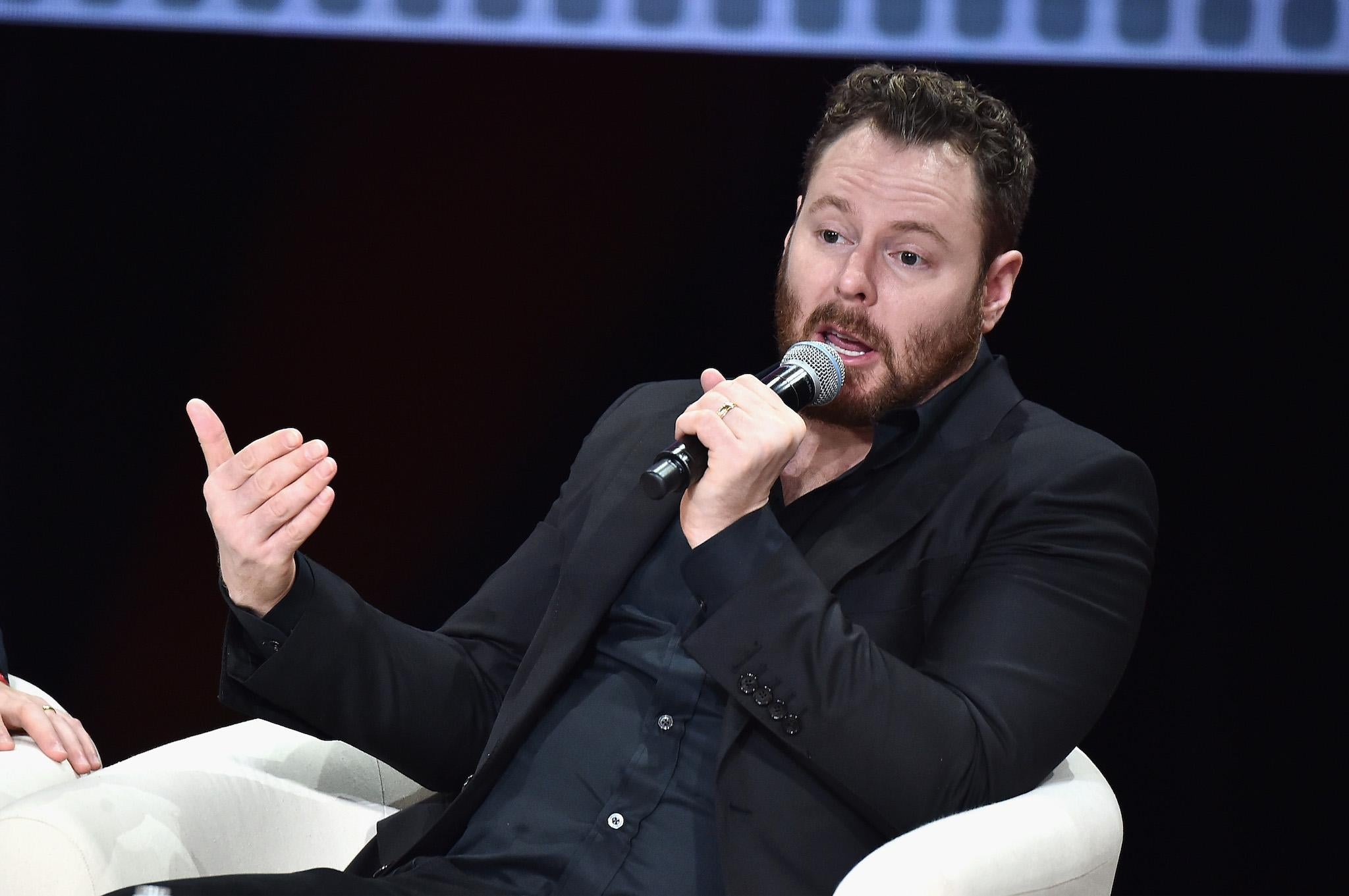Facebook's first president Sean Parker says app has secretly snared billions of people into using it
The app has been purposefully getting people hooked and potentially destroying society as it does so

Facebook has got the world hooked and might be using that to damage people's lives, according to its first president.
Sean Parker, whose role in the site was dramatised in the film The Social Network, has revealed the various secret ways that the site has managed to make people use it. The man who helped create Facebook is so terrified that he feels he needs to sound the alarm about the tricks it uses to keep people engaged – and the damage that is doing to society – he has suggested.
The site has developed special ways of ensuring that people give their personal life over to it without even knowing it, he told Axios. He said that some people might try and resist the pull of the site – but that it had special tricks to hook people in and ensure they stayed.
"When Facebook was getting going, I had these people who would come up to me and they would say, 'I'm not on social media,'" he told the site's editor Mike Allen. "And I would say, 'OK. You know, you will be.' And then they would say, 'No, no, no. I value my real-life interactions. I value the moment. I value presence. I value intimacy.' And I would say, ... 'We'll get you eventually.'"
He said that he hadn't quite understood the consequences of that belief that everyone should and would join up eventually. "It literally changes your relationship with society, with each other," he said, saying that the app could be changing the way that people's mind works.
"God only knows what it's doing to our children's brains," he said.
The ways Facebook keeps people hooked includes the various features that people use every day, he said. Those were built to ensure that people were kept happy and excited by the app, according to Mr Parker, who was among the first people to start work on it.
"The thought process that went into building these applications, Facebook being the first of them, ... was all about: 'How do we consume as much of your time and conscious attention as possible?'" he said.
"And that means that we need to sort of give you a little dopamine hit every once in a while, because someone liked or commented on a photo or a post or whatever. And that's going to get you to contribute more content, and that's going to get you ... more likes and comments."
He described that process as a "social validation feedback loop", that means that the longer people spend on Facebook, the more they need that validation – which in turn makes them spend more time there and upload more to the site.
He said that that process was conscious decision at the beginning of the app and website's development.
"The inventors, creators — it's me, it's Mark [Zuckerberg], it's Kevin Systrom on Instagram, it's all of these people — understood this consciously. And we did it anyway."
Mr Parker has since left the tech industry and is now working for his own group that attempts to develop treatments for cancer.
Join our commenting forum
Join thought-provoking conversations, follow other Independent readers and see their replies
Comments
Bookmark popover
Removed from bookmarks